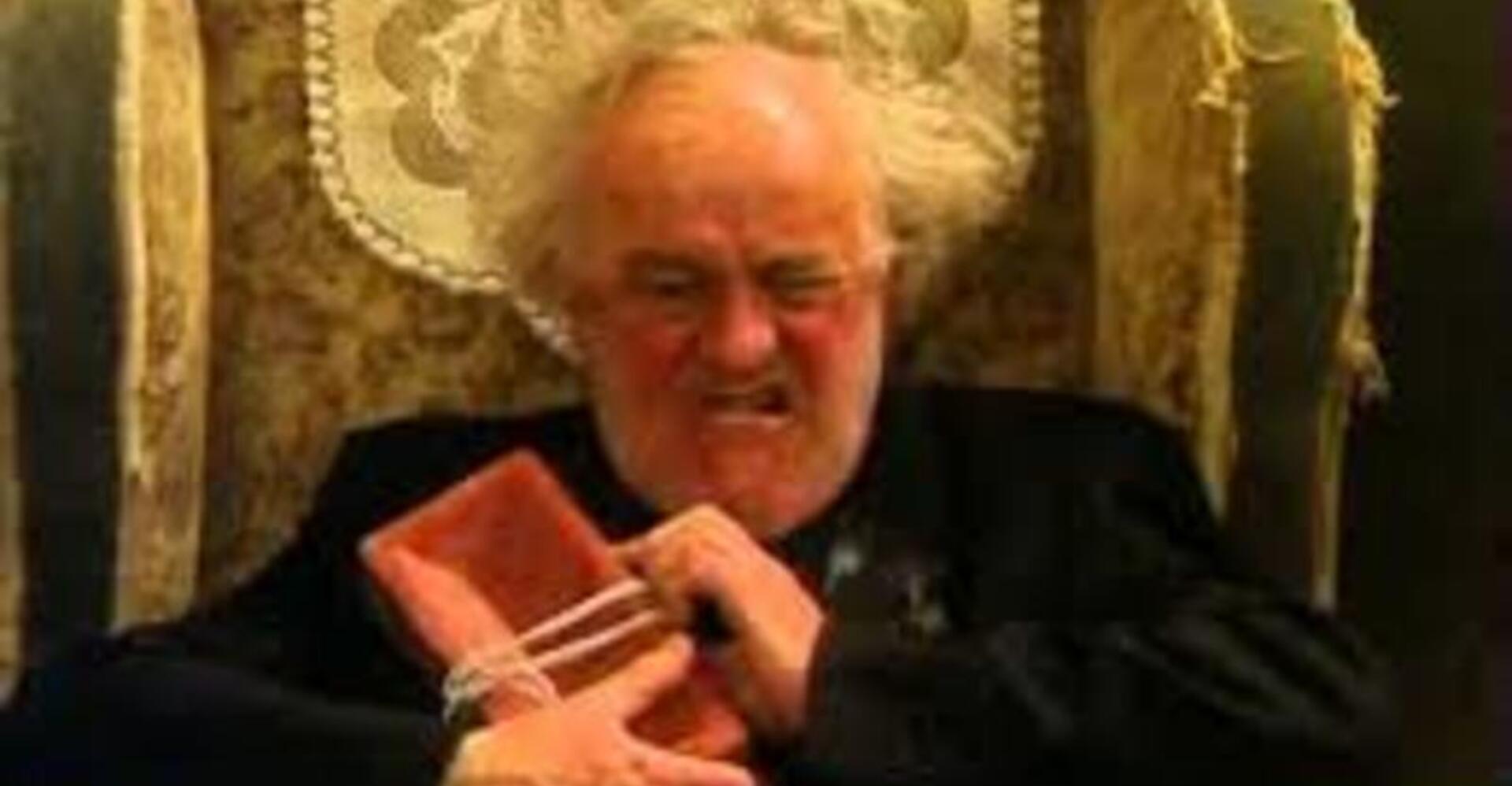20 years ago, almost to the day, I sat down with my personal tutor, an eccentric, opinionated yet wise man called Father Hunwicke, to discuss my UCAS form. We were starting to look at my university applications and personal statement. I thought I had done a reasonably good job with the first draft, listing out my interests and summarising the things we had been studying in our A-level classes. I wasn’t prepared for having it ripped to shreds in front of me.
“This is boring”, said Father Hunwicke. He was never one to mince his words. Picture Father Jack, from Father Ted, and you have Father Hunwicke.
“Boring?”, I replied, mortified.
“Yes, boring. It says nothing about you.”
We went on to discuss what Father Hunwicke meant. Before the meeting, I thought I had done fairly well with my statement, following the correct format for UCAS, detailing what we had been studying, what I had enjoyed, and mentioning the things I liked doing outside of my studies (including going to gigs and watching sports). It took a while for Father Hunwicke’s response to make sense. Initially, his comments upset me and I thought he was calling me boring; but gradually it became clear that what was “boring” was the lack of anything new, coming from me. I had written my personal statement as an observer, not as a creator. My statement read as if I was participating in life as it was happening to me, but I wasn’t taking active steps to push myself and make my own impact on the world.
Father Hunwicke, whilst brutal in his delivery, had a point. Instead of saying that I enjoyed reading, wouldn’t it be better to say that I enjoyed writing? Instead of saying that I enjoyed listening to music, wouldn’t it be better to say that I enjoyed writing music? I may follow a particular football team, but what about playing it? Instead of describing what I had studied in maths, why not instead describe that I had signed up for additional maths tuition, because I was finding it hard?
20 years on, I work in Recruitment and read at least ten CVs a day, at all levels from graduates up to senior management. Almost every time, I am reminded of my meeting with Father Hunwicke. If Father Hunwicke worked for a day in recruitment, he would be tearing his hair out by 10am (again, picture Father Jack and you get the idea).
Most people write their CVs to show what they have been asked to do in their jobs to date, not what they have chosen to do. They list out the responsibilities and accountabilities which have been given to them. Similarly, in their interests section they will list a few activities they enjoy attending, without providing detail; and as such they miss a simple way to show off their full capabilities.
The distinction is often subtle, between actions that are more passive (i.e. I am an observer) and those that are more proactive (i.e. I am an instigator). Of course, sometimes are we are merely observers of things; and this is ok. But wherever there is any opportunity to write something in more active than passive language, please take it. The message it gives to a recruiter, or prospective employer, is that you are someone with ideas, enthusiasm, passions and drive. A lack of proactive language implies that you are not. Here are some examples:
Your role may involve checking batch records; but what about the time when you suggested a way to simplify the batch review process?
You might enjoy meeting with your colleagues socially; but what about when you helped set up an after-work darts event?
Remember that time when you suggested some alternative wording for a page on the company website?
What about when you asked your manager if you could attend a webinar to help you build your knowledge?
Even the smallest idea helps to take a business forward; and you can have a positive influence no matter how junior or senior you are. Personally, I feel that writing about 2 or 3 proactive things that you have done in each job role (even your earlier jobs) will do a lot more for your CV than simply listing out your responsibilities. These things provide talking points and go a long way to showing what you will bring to your next company – much more so than writing empty phrases such as that you are “dynamic” or can “work well alone and as part of a team”. Believe me – those stock phrases cause more harm than good.
If you want your CV to truly stand out, imagine having to present it to your very own Father Hunwicke. Try to do everything you can to avoid him calling it “boring”. You will thank yourself for it.


